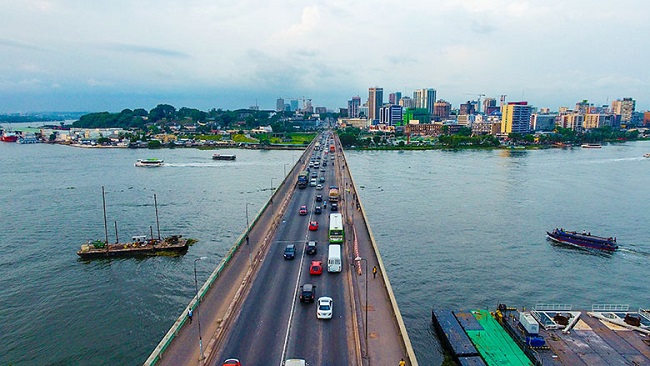Côte d’Ivoire: Giving infrastructure development the attention it deserves
Cote d’Ivoire has, over the last six years, carried out some impressive infrastructure projects which are helping to drive the country’s expanding trade and giving its economy a shot in the arm. The years of political chaos seem to be clearly behind Ivorians and they work relentlessly to redesign a new future for generations to come. The government has continued to expand its infrastructure network so as to bring peace and prosperity to the country. The current government has made infrastructure development a key component of its National Development Plan.
After suffering as a result of many years of neglect, Côte d’Ivoire’s infrastructure is receiving much-needed attention. Expansion of transport networks across the country has become imperative, with an impressive headline growth rate in 2018 and increasing urbanization that is exerting much pressure on existing networks. Increased congestion, from both higher domestic and international trading, is putting added strain on roads, ports and railroad systems.
Despite a decade of conflict, the country still enjoys several critical advantages, including an extensive network of paved road, competitive port infrastructure through which to export its natural resources, and a revamped aviation sector that has positioned the country as a regional aviation hub for West Africa.
To achieve its goal of modernizing the country’s infrastructure, the current government has undertaken reforms aimed at bolstering the transport sector’s physical infrastructure, including the growing use of the public-private partnerships (PPPs) as a means to attract private financing and management into strategic infrastructure such as ports, airports and land transport routes.
But it is the country’s road infrastructure that is growing by leaps and bounds. The government’s reform efforts are not only attracting foreign investors, they are also drawing the attention of development finance institutions like the World Bank and the African Development Bank (AfDB) Group. Based on this, the AfDB has been playing a key role in the development of the country’s road infrastructure.
After having participated in the financing of the Henri Konan Bedietoll bridge, the AfDB is now involved in the Abidjan urban transport project designed to improve the living conditions of the city’s inhabitants.
Indeed, it was initiated due to the combined effect of population growth, the rapid increase in the number of motor vehicles and the decline of public transport systems, the road network and traffic control system have proved to be inadequate to ensure the flow of the increasing volume of traffic.
The project concerns the construction of 87.9 kilometers of urban expressways, a 1 400-metre long bridge and 6 interchanges, the rehabilitation of traffic lights at 89 intersections, air quality assessment, urban waste management as well as the strengthening of existing capacity in traffic control, urban planning, domestic revenue mobilization, road safety, and natural ecosystem protection.
The project, which is being currently implemented will help to improve traffic flow, reduce road accidents, strengthen urban management, improve air quality, increase household incomes, reclaim waste, reduce greenhouse gases, and improve the quality of life of the population. The total cost of the project is estimated at UA 610.94 million.The project will benefit all the residents of Abidjan estimated at some 6 million.
Côte d’Ivoire has relatively well-developed infrastructure backbones. It has a good national power grid and a national Information and Communication Technology (ICT) backbone. The northern regions are connected with the rest of the country,despite their low population density. Côte d’Ivoire’s infrastructure networks (including road, rail, power, and ICT) are generally integrated with those of neighbouring Burkina Faso.
Côte d’Ivoire can develop its infrastructure potential and turn it into wealth to benefit the country and future generations. For this reason the government is reforming its infrastructure to attract private sector investment and to build a competitive economy.
By Bamba Gaoussou in Abidjan





